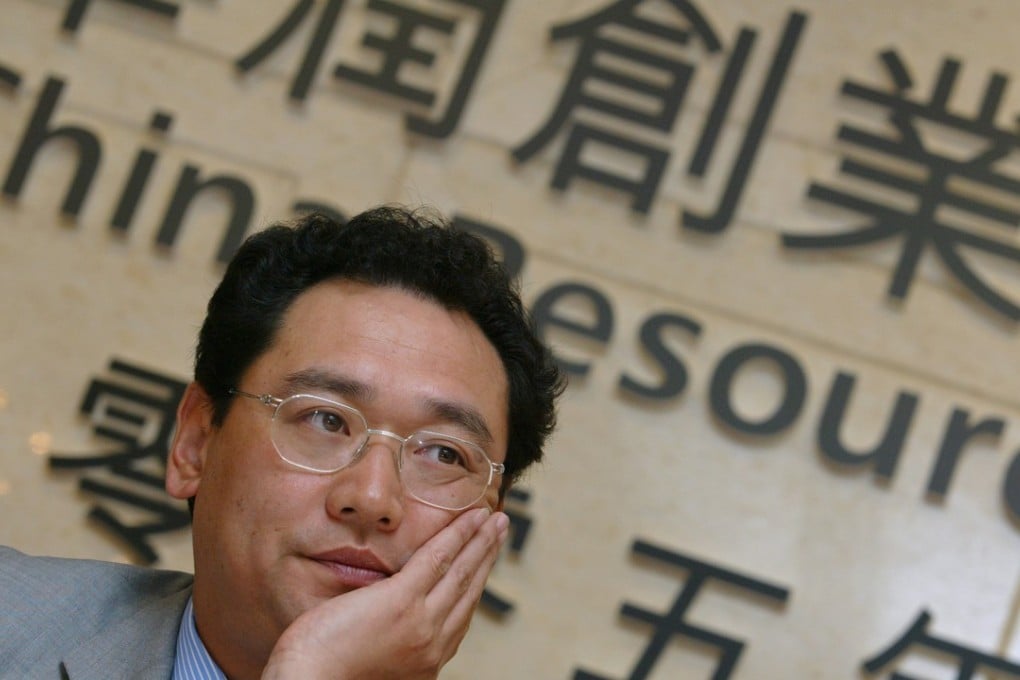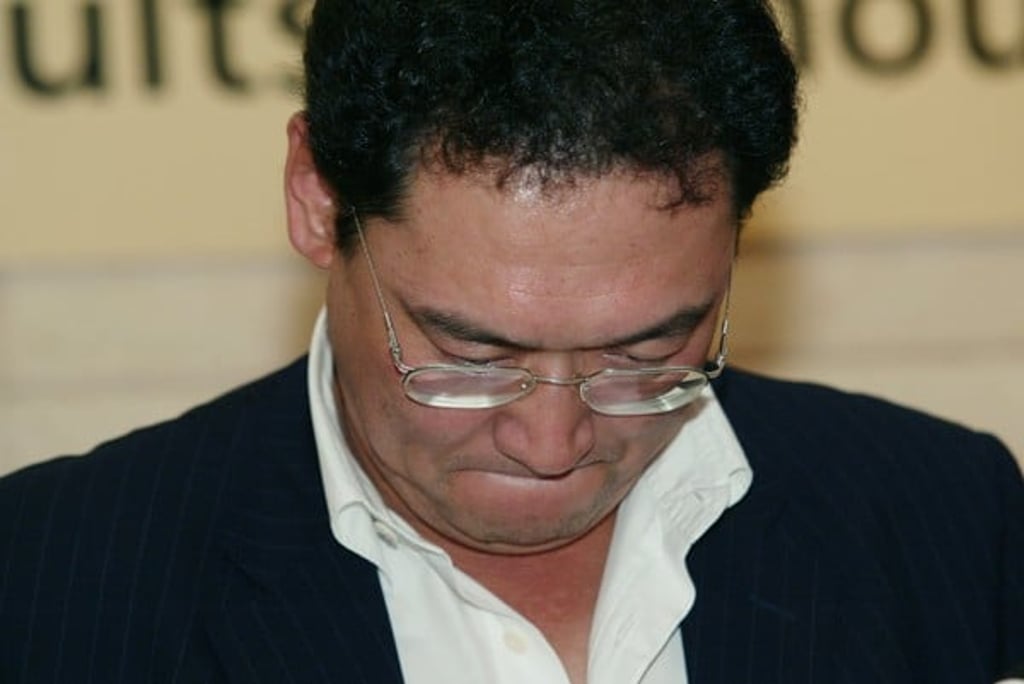Chinese conglomerate’s ex-chair gets 14 years in jail for corruption
Song Lin, the former chairman of China Resources Holdings, has been sentenced to 14 years in jail and fined for corruption.

Song Lin, the former chairman of a state-owned conglomerate that controls the most number of publicly traded units in Hong Kong, has been sentenced to jail and fined for corruption, becoming one of the most senior managers of the city’s Chinese companies to be brought down by financial misdemeanours.
Song, 54, was sentenced to 14 years in jail and fined 4 million yuan by a Guangzhou court for financial crimes valued at 23.3 million yuan, Xinhua News Agency reported. The property and money that he’d corruptly accepted during his tenue as head of China Resources Holdings Co. will be confiscated, the state news agency said.
His conviction is further sign of the determination of Chinese president Xi Jinping and the anti-corruption tsar Wang Qishan to root out graft among the Communist Party’s cadres, especially during a year when the party’s senior leadership is scheduled for a change of guards.
Song, also known as Charley Song, has spent his career at China Resources since 1985, rising through the ranks from manager to chairman of the board in 2008.

After the founding of the People’s Republic, the company was renamed China Resources, where its business turned to the export of products from mainland China into Hong Kong.
